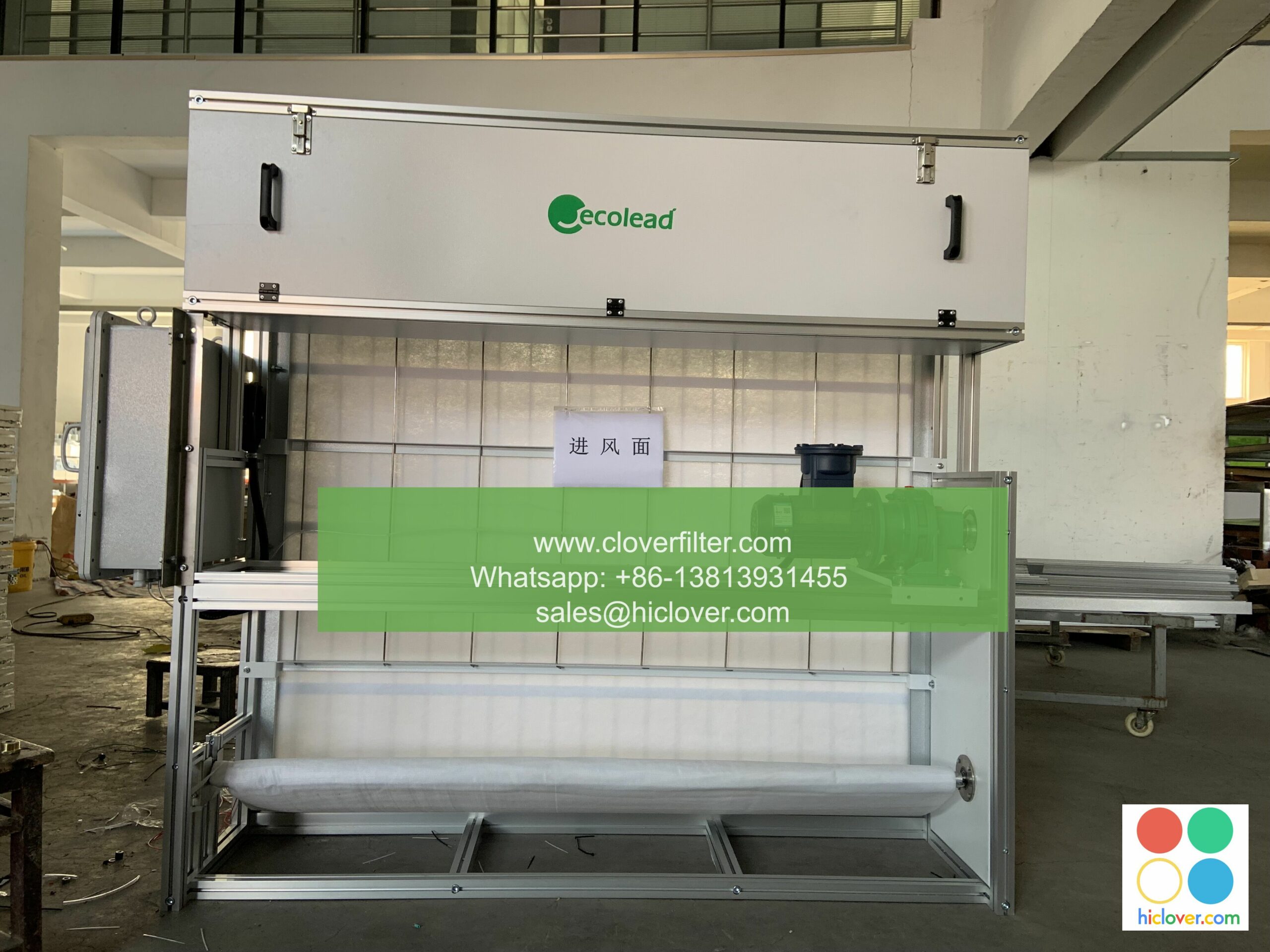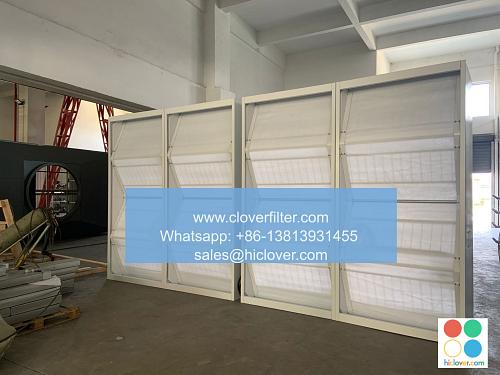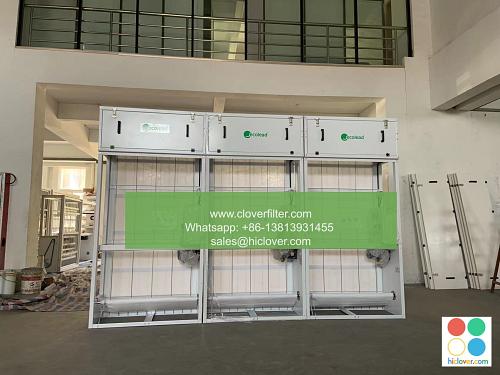The Role of Automatic Roll Air Filters in Maintaining Refinery Workshop Efficiency

Refinery workshops are complex environments where various processes are carried out to produce a range of petroleum products. The efficiency of these workshops is crucial to ensure optimal production, minimize downtime, and reduce maintenance costs. One often overlooked aspect that plays a significant role in maintaining refinery workshop efficiency is air quality. The presence of dust, mist, and other airborne contaminants can compromise the performance of equipment, pose health risks to workers, and affect the overall quality of products. This is where automatic roll air filters come into play, offering a reliable and efficient solution for maintaining air quality and ensuring the smooth operation of refinery workshops.
Automatic roll air filters are designed to capture airborne particles and contaminants, preventing them from entering the workshop atmosphere. These filters are equipped with a roll of filter media that automatically unwinds and rewinds as the filter becomes dirty, ensuring a continuous supply of clean air. The use of automatic roll air filters in refinery workshops offers several benefits. Firstly, they help to reduce downtime by preventing equipment damage caused by airborne contaminants. For instance, dust and mist can accumulate on electrical components, leading to faults and electrical failures. By removing these contaminants from the air, automatic roll air filters minimize the risk of equipment failure, resulting in reduced maintenance costs and increased productivity.
Another significant advantage of automatic roll air filters is their ability to improve worker health and safety. Refinery workshops can be hazardous environments, with workers exposed to a range of airborne contaminants that can cause respiratory problems and other health issues. By providing a clean and healthy working environment, automatic roll air filters help to reduce the risk of worker illness and injury, resulting in increased job satisfaction, reduced absenteeism, and improved overall well-being. Furthermore, automatic roll air filters can also help to reduce the risk of explosions and fires caused by airborne contaminants. Many refinery workshops involve processes that generate sparks or heat, which can ignite airborne particles and cause catastrophic consequences. By removing these particles from the air, automatic roll air filters minimize the risk of explosions and fires, ensuring a safer working environment for all.
In addition to the benefits mentioned above, automatic roll air filters also play a critical role in maintaining product quality. Refinery workshops produce a range of petroleum products, from diesel and gasoline to jet fuel and lubricants. The quality of these products is crucial to ensure they meet customer specifications and regulatory requirements. Automatic roll air filters help to maintain product quality by preventing airborne contaminants from entering the production process. For instance, dust and mist can contaminate products, affecting their color, texture, and overall quality. By removing these contaminants from the air, automatic roll air filters ensure that products are manufactured to the highest standards, resulting in increased customer satisfaction and reduced product rejects.
The installation and maintenance of automatic roll air filters are relatively straightforward. These filters can be easily integrated into existing ventilation systems, and their automatic roll design ensures that they require minimal maintenance. The filter media can be easily replaced when it becomes dirty, and the filters can be programmed to unwind and rewind at set intervals to ensure optimal performance. However, it is essential to note that automatic roll air filters should be selected based on the specific requirements of the refinery workshop. Factors such as airflow rates, particle sizes, and temperature ranges should be considered to ensure that the filters are capable of capturing the required range of contaminants.
In conclusion, automatic roll air filters play a vital role in maintaining refinery workshop efficiency. By providing a clean and healthy working environment, reducing downtime, and improving product quality, these filters offer a range of benefits that can have a significant impact on refinery operations. Whether it’s reducing maintenance costs, improving worker health and safety, or ensuring product quality, automatic roll air filters are an essential component of any refinery workshop. As the refining industry continues to evolve, the importance of air quality will only continue to grow, making automatic roll air filters an indispensable tool for maintaining efficiency and competitiveness in this sector.
FAQs
Q: What are the benefits of using automatic roll air filters in refinery workshops?
A: The benefits of using automatic roll air filters in refinery workshops include reduced downtime, improved worker health and safety, reduced risk of explosions and fires, and improved product quality.
Q: How do automatic roll air filters work?
A: Automatic roll air filters work by capturing airborne particles and contaminants, preventing them from entering the workshop atmosphere. They are equipped with a roll of filter media that automatically unwinds and rewinds as the filter becomes dirty.
Q: What factors should be considered when selecting automatic roll air filters for refinery workshops?
A: Factors such as airflow rates, particle sizes, and temperature ranges should be considered to ensure that the filters are capable of capturing the required range of contaminants.
Q: Are automatic roll air filters easy to install and maintain?
A: Yes, automatic roll air filters are relatively easy to install and maintain. They can be easily integrated into existing ventilation systems, and their automatic roll design ensures that they require minimal maintenance.


